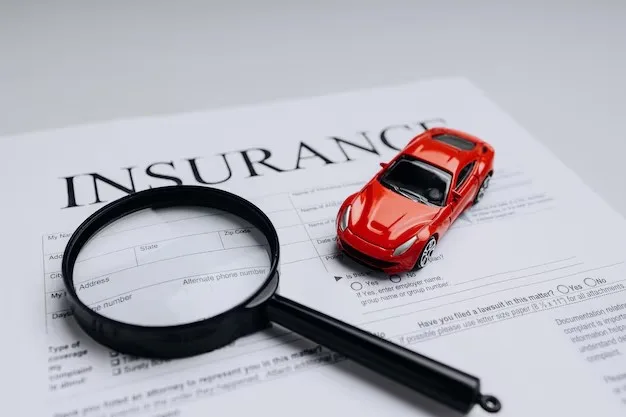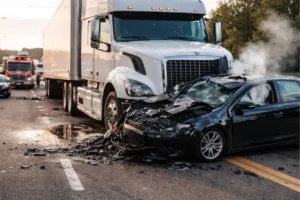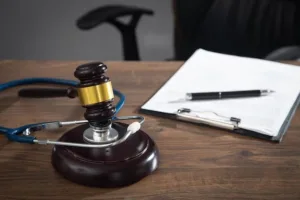Car accidents can be confusing and stressful, especially when it comes to handling insurance claims. In Florida, things work a bit differently compared to most other states because of its no-fault car insurance system. This law impacts how medical bills, lost wages, and other damages are covered after a car accident, regardless of who was at fault.
In this blog, we’ll explore what Florida no-fault insurance means, how it works, what it covers, and the steps you should take after a crash to protect your rights.
What Is Florida’s No-Fault Insurance System?
Florida is one of the few states that follows a no-fault insurance rule for car accidents. This means that after a crash, each driver’s own insurance company pays for their medical expenses and certain financial losses, regardless of who caused the accident.
The main purpose of this system is to reduce the number of lawsuits after car accidents by ensuring quick payment of medical bills through insurance coverage called Personal Injury Protection (PIP).
Understanding Personal Injury Protection (PIP) Coverage
Under Florida law, all vehicle owners must carry a minimum of $10,000 in Personal Injury Protection (PIP) coverage. This PIP insurance is designed to pay for your medical expenses, lost wages, and certain other costs after an accident.
What PIP Covers
- Medical Expenses: Covers up to 80% of necessary and reasonable medical costs related to the accident.
- Lost Wages: Covers up to 60% of lost income if injuries prevent you from working.
- Replacement Services: Helps pay for household services you can’t perform due to injury.
- Death Benefits: Offers up to $5,000 in funeral expenses if the accident results in death.
For a breakdown of medical support and injury claim assistance, visit Accident Medical Group’s Personal Injury page.
Who Is Covered Under Florida’s No-Fault Insurance?
PIP coverage in Florida protects more than just the policyholder. It can also extend to:
- The driver and passengers in the insured vehicle
- The policyholder if they are injured while walking or biking
- Family members living in the same household
However, PIP does not cover vehicle damage that is handled through Property Damage Liability (PDL) coverage, which is also mandatory in Florida.
How Florida No-Fault Insurance Impacts Accident Claims
The no-fault rule changes how victims can seek compensation. Since your own insurance covers your medical bills, you typically can’t immediately sue the at-fault driver unless your injuries meet certain legal thresholds.
Serious Injury Threshold
You may step outside the no-fault system and file a lawsuit against the at-fault driver if you have:
- Significant and permanent loss of bodily function
- Permanent injury within a reasonable degree of medical probability
- Significant scarring or disfigurement
- Death (for wrongful death claims)
If your injuries meet these criteria, you can pursue a personal injury claim for pain and suffering and other non-economic damages. You can find out more about filing such claims at Accident Medical Group.
Steps to Take After a Car Accident in Florida
Knowing what to do immediately after a crash is crucial for both your health and your insurance claim. Here are the key steps:
1. Seek Medical Attention Immediately
Under Florida’s no-fault law, you must receive medical treatment within 14 days of the accident to qualify for PIP benefits. Delaying care may result in a denial of coverage.
2. Report the Accident
Always report the crash to local law enforcement and your insurance provider as soon as possible. This helps document the event and supports your claim.
3. Keep All Medical Records
Documentation is key. Maintain all hospital bills, doctor reports, and prescriptions to ensure accurate reimbursement through your Florida no-fault insurance policy.
4. Understand Your Coverage
Review your PIP coverage limits and know what your insurance will pay. If your medical bills exceed $10,000, you may need to explore additional options through MedPay, health insurance, or legal claims.
5. Consult a Personal Injury Professional
Navigating the no-fault system can be confusing. A personal injury expert can guide you through complex claim procedures and help you understand your rights.
Common Misunderstandings About Florida’s No-Fault Insurance
Many drivers are unaware of what no-fault coverage does and doesn’t include. Here are some misconceptions:
- My PIP covers all expenses: It only covers up to $10,000 and not the full extent of damages or property loss.
- I can sue for any accident: Not true unless your injuries meet the serious injury threshold.
- I don’t need medical proof: Timely and documented treatment is essential for your claim.
These misunderstandings often lead to denied claims or uncovered expenses, so it’s important to educate yourself about how the system truly works.
How Florida’s No-Fault System Affects Premiums
Because every driver must carry PIP coverage, insurance premiums in Florida tend to be higher than in some other states. Fraudulent claims and staged accidents have also contributed to rising costs.
However, staying informed and maintaining a clean driving record can help reduce your rates over time. You can also compare insurance plans that align with your medical needs and budget.
When to Seek Additional Legal or Medical Help
Even though Florida’s no-fault insurance is meant to simplify the claims process, certain situations require professional help:
- Severe injuries exceeding PIP limits
- Disputes with insurance companies
- Accidents involving uninsured or underinsured drivers
- Permanent disabilities or long-term treatment
In such cases, working with a medical and legal team can help you receive proper compensation and recovery support. The professionals specialize in helping accident victims navigate the aftermath efficiently.
Final Thoughts on Florida’s No-Fault Insurance Laws
Understanding Florida’s no-fault car insurance laws is essential for every driver in the state. While the system aims to simplify medical and financial recovery, it also places limits on lawsuits and compensation.
By knowing your rights, maintaining proper coverage, and seeking timely medical care, you can protect yourself after an accident. If you ever face confusion or delays in your PIP claim, reach out to Accident Medical Group for help navigating the process and securing the care you deserve.
Frequently Asked Questions
What happens if my medical expenses exceed my PIP coverage?
If your medical bills go beyond the $10,000 PIP limit, you can use your health insurance or seek compensation from the at-fault driver’s insurance. Florida law allows further claims if injuries are serious or permanent.
Do I still need to see a doctor if I feel fine after the accident?
Yes. Some injuries are not immediately noticeable but can worsen later. Getting medical attention ensures proper documentation and protects your right to PIP benefits.
Does no-fault insurance cover passengers?
Yes, passengers in your vehicle are covered under your PIP insurance. If they have their own PIP policies, those will typically apply first. For details on passenger coverage, check Accident Medical Group’s Car Accident information.
Can I choose my own doctor for treatment?
You can generally select any licensed medical provider for treatment. However, some insurance companies may require you to see a provider within their approved network.
How long do I have to file a claim under Florida’s no-fault law?
You must report the accident promptly and seek medical care soon after. Timely action helps ensure your eligibility for PIP benefits under Florida’s no-fault insurance system.





